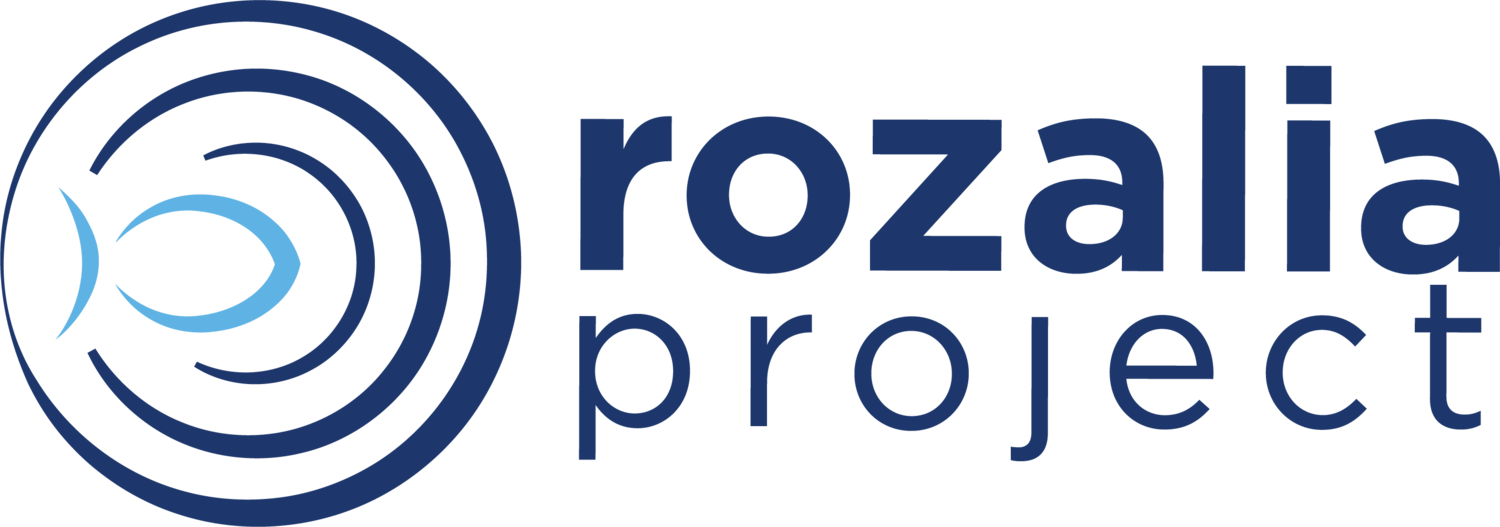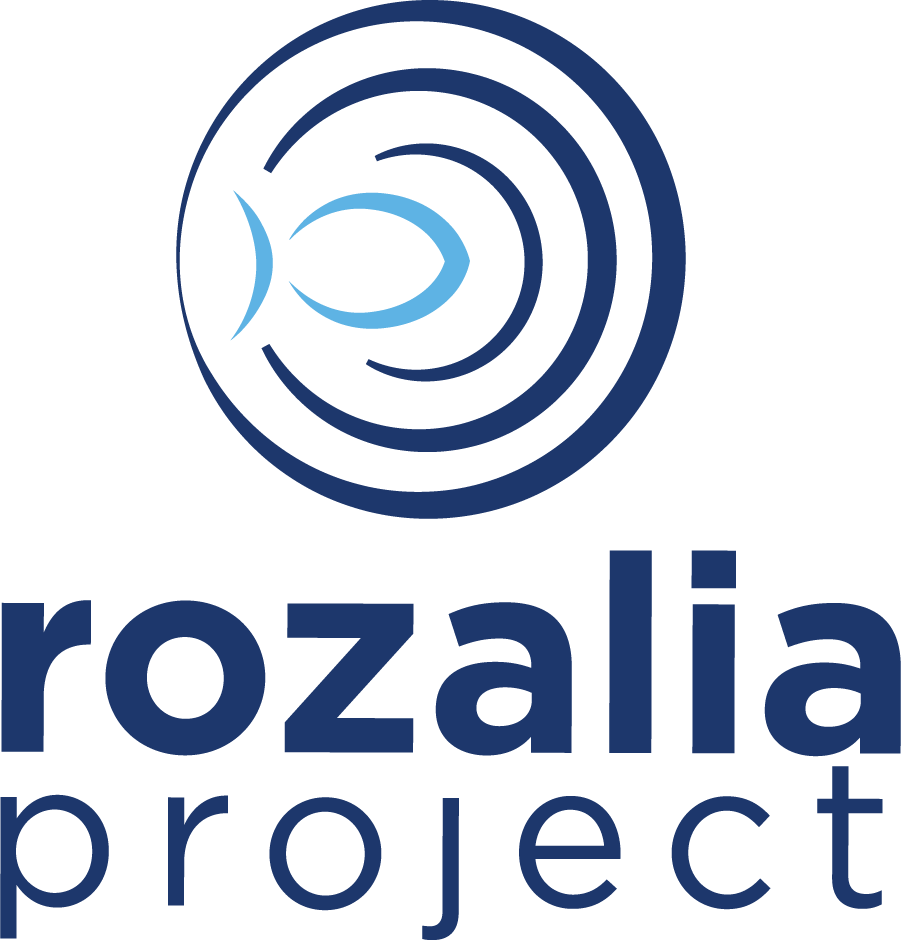A Clean Ocean
Marine debris is more than ugly, it kills. The presence of non-biodegradable debris in the water is a documented hazard to marine life and humans alike.
Plastics, rather than biodegrading, tend to break up into microscopic pieces suspended in the water column and then are ingested by all sea creatures. There is evidence that the toxins released by these plastics are introduced into the human food chain this way.
Marine mammals, sea birds, fish and turtles are killed by in ingestion, entanglement and strangulation:
Sea animals misidentify plastic and other marine debris as food.
Animals of all sizes, but especially the great whales and other marine mammals becomes entangled. This forces them to drag lines, floats, and even anchors as they swim. Eventually, if they cannot rid themselves of that man-made drag, they die of exhaustion.
Birds, fish and marine mammals can catch synthetic line around their necks. The animal continue to grow while the line neither stretches nor degrades, leading to a slow death of stragualtion.
Disconnected fishing pots litter the seafloor and engage in ghost fishing – catching and killing sea creatures for no reason.
Marine habitats are contaminated!
Rozalia Project has discovered that marine debris washing, blowing and getting tossed into our ocean has created 3 new oceanographic features in our urban and coastal waters: beer can reefs, rivers of trash and local garbage patches. Learn all about these features and how we are cleaning them up and preventing them in the first place by watching our co-founder, Rachael Miller’s TEDx talk.
Tourism and the economy suffers:
Visitors are driven away from contaminated and rubbish strewn beaches
Floating bags and fishing line pose a snag hazard to motor and sailing vessels
But, we can make a difference!
We believe that when you see trash, you pick it up and that even the biggest pile is cleanable. And when the trash has such far reaching, negative effects on humans and sea animals alike, and we have the technology and expertise to pick it up. It is imperative that we do so.
Rozalia Project, through our expeditions, specifically Expedition RESTORE and Expedition CLEAN as well as education programs across the country, is using innovation, solutions-based research, inspiring education programs and straight up getting sandy, salty and muddy to get ahead of the problem of marine debris.

Want to help?
Check out our Take Action and Donate pages! And then get out there and be part of the solution every time you do your own cleanup! We believe that every effort makes a difference – whether you pick up a few pieces every time you take a walk or you join a big cleanup with Rozalia Project or one of our partners, like the Ocean Conservancy’s International Coastal Cleanup.
Do a data cleanup – find local solutions!
We also believe that data makes a difference! The better we understand the problem of marine debris, the more effectively we can clean it up and prevent it in the first place. That is why we partnered with the Marine Debris Tracker App developed by Jenna Jambeck at the University of Georgia with support from the NOAA Marine Debris Program.
Make your cleanups mean even more, contribute to finding global solutions and work with Rozalia Project to find and implement local solutions at your waterfront. You can save paper and log trash items right to the Marine Debris Tracker App or download one of our data cards, collect info in the field and then log to the App when done. You can even log items with the App offline, and then submit when you are back online.
We have two versions: a shorter one great for community cleanups and a longer, more detailed version for science classes and groups who are interested in learning even more about the problem in their area. Both are below and both are on the Marine Debris Tracker App.
Once you have done some cleanups and have some data, please get in touch with us and we will work with you to see what marine debris problems are plaguing your waterfront and what actions we can take to make a lasting difference!




